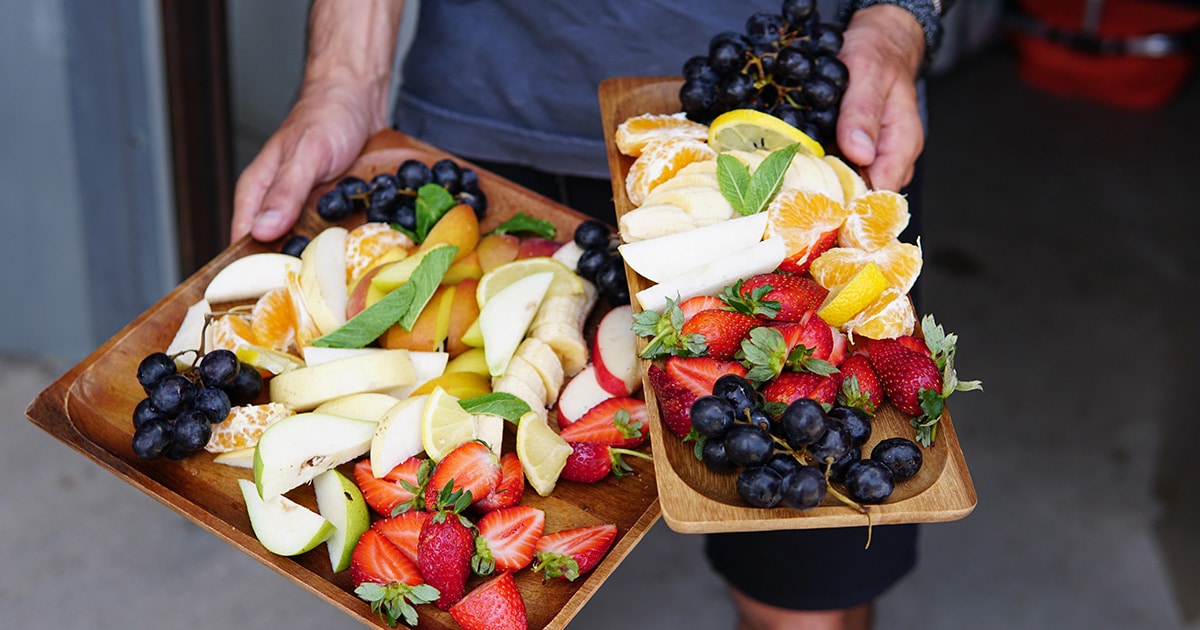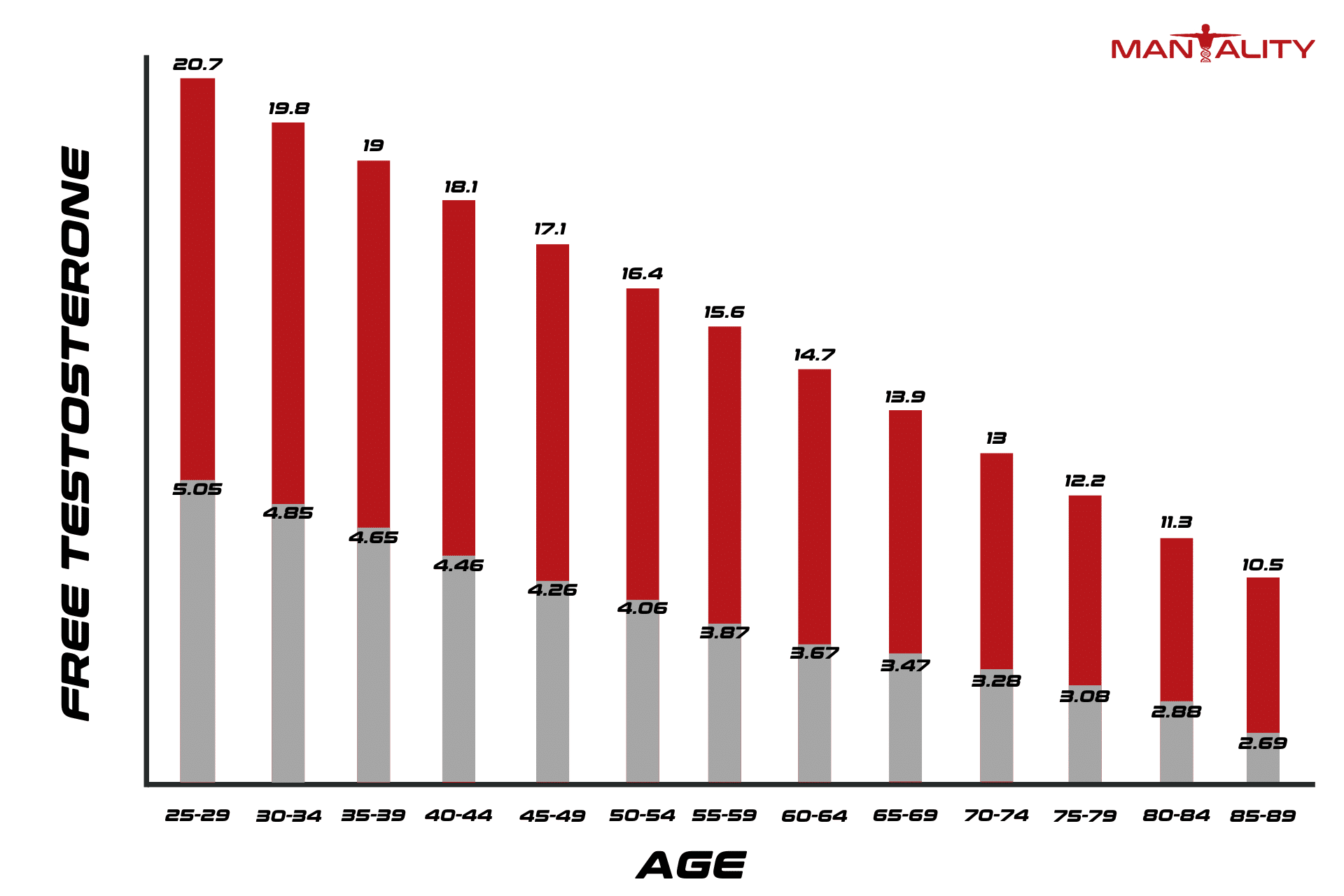Everyone knows that eating a well-balanced and nutritious diet is vital in maintaining your overall physical health. Healthy eating helps your body stay strong and boosts your immune system — but did you know that consuming certain foods can also improve brain function?
Certain foods, like leafy greens, berries, avocados, and more, contain high amounts of vitamins, minerals, and other nutrients that are essential for brain health. Here are some of the best brainpower foods you can incorporate into your diet to keep your brain sharp and sustain healthy cognitive function.
1. Leafy Greens
Vegetables offer so many benefits for the human body, providing us with various vitamins and minerals. Leafy greens like spinach, kale, and broccoli are among the most nutrient-dense and help us get our fill of vitamin K. Recent research indicates that vitamin K can improve memory and cognitive performance in older adults.
2. Nuts
Nuts are an ideal source of healthy fats, vitamin E, and protein, all of which are staples of a nutritious diet. In particular, walnuts are often associated with increased memory function, as they contain omega-3 fatty acids. Studies have found that people who ate at least two teaspoons of nuts per day exhibited better thinking, reasoning, and memory skills.
3. Seeds
Similarly, some varieties of seeds (such as pumpkin seeds) contain high quantities of nutrients like zinc, iron, copper, and magnesium. If your diet doesn’t provide enough of these vital micronutrients, you could be at risk for a handful of neurological conditions, like Alzheimer’s disease and depression.
4. Fish
Like walnuts, oily or fatty fish are another fantastic source of omega-3 fatty acids (which are healthy unsaturated fats). Plus, eating fish is a great way to add protein into your diet. Get your fill of these omega-3s by consuming two servings of fish such as salmon, cod, mackerel or sardines per week.
5. Avocado
Need a reason to feel a little less guilty about your avocado toast habit? Like many of the other foods on this list, avocados are a good source of healthful unsaturated fat, which can reduce blood pressure. In turn, lower blood pressure can lessen the risk of cognitive decline.
6. Eggs
Eggs contain a number of beneficial nutrients, including vitamins B6 and B12. They also have high levels of choline, which performs several essential functions in the body — but most people don’t get enough of it in their diet. Choline is especially important for pregnant women, and women who are choline-deficient have given birth to babies with decreased cognitive function.
7. Berries
Different varieties of berries support brain health in a variety of ways. These tasty fruits are rich in antioxidants and have been proven to delay or prevent neurodegenerative diseases and enhance cognitive function. Strawberries, blackberries, mulberries and blueberries are some of the most effective berries to slow down memory decline.
8. Legumes
In terms of nutrient-rich foods, legumes are among the best. Legumes include beans, chickpeas, peanuts, and lentils and boast high levels of vitamins, minerals, omega-3 fatty acids, antioxidants, and folate — all of which are beneficial to brain health.
9. Whole grains
Whole grains are full of vitamin B, which work to reduce inflammation in the brain and assist with memory and cognitive function. Vitamin B has several important functions, but it can’t be stored in the body, so you need to regularly consume foods that contain the vitamin. Examples of vitamin B-rich whole grains include barley, brown rice, quinoa and whole-grain pasta.
10. Turmeric
If you aren’t familiar with turmeric, it is a spice that is commonly used in curries and other dishes throughout Asia. Recent studies have shown that turmeric could be useful in treating Parkinson’s disease. Simultaneously, turmeric’s key active ingredient (called curcumin) has also had positive effects on people who have Alzheimer’s disease.
From nuts to fish to eggs, each of these 10 nutritious foods offers its own set of benefits for brain health, but eating a well-balanced diet involves more than just brain power foods. If you’re thinking about changing your diet, you should first consult with your doctor or a nutritionist to design a comprehensive food plan that’s right for you.
Establishing healthy eating habits is just one part of building a fulfilling life for yourself. In addition to your daily diet, nourish other equally important aspects of your overall wellness, such as your mental health and sexual wellbeing.




